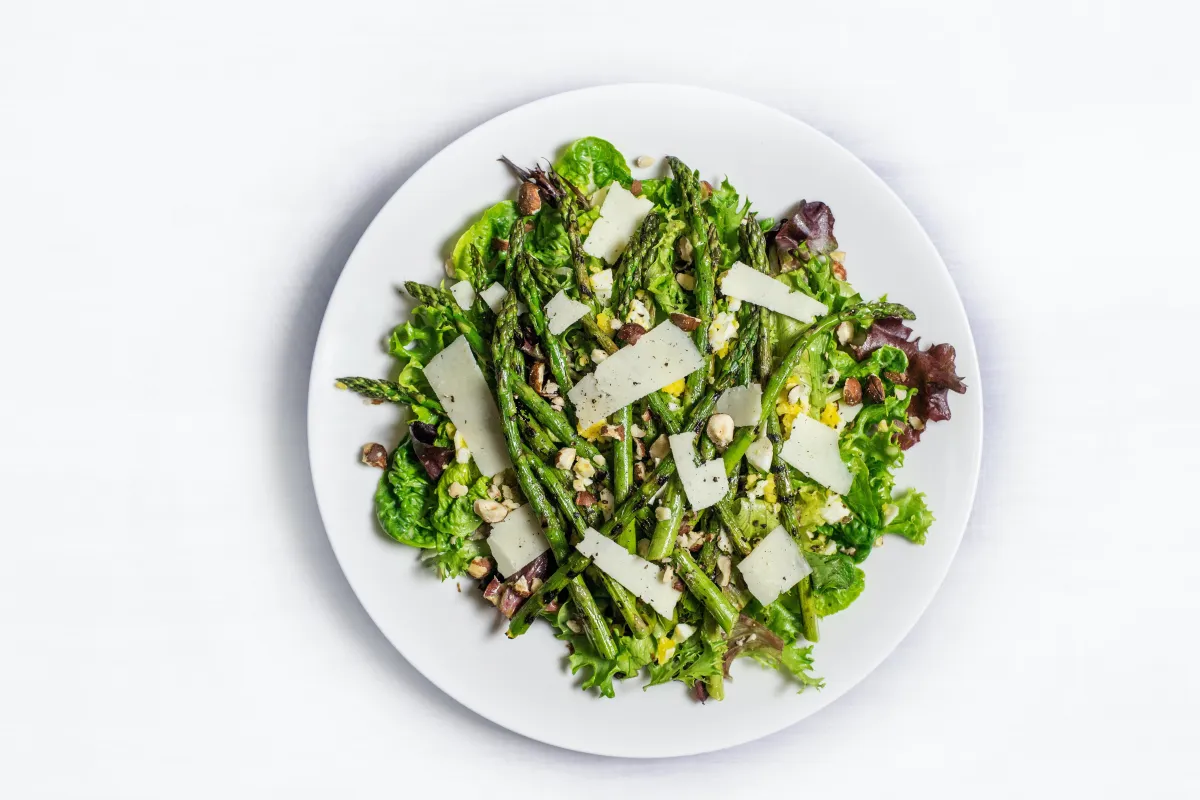
Nourishment not punishment
This week I want to discuss calories. You know those tiny little creatures that live in our wardrobes and make all our clothes smaller...! Annoying little buggers!
Calories are our source of energy and the amount of energy in our food choices vary, as we all know too well!
Likewise, we have different calorie needs and factors that influence them include our gender, our age, our height, our activity levels, our weight, hormonal status, pregnancy... The list goes on.
Our Total Daily Energy Equivalent (TDEE, the number of calories you expend in a day) is based on 4 things, in order of energy usage:
TDEE = BMR + Activity + Thermic Effect of Food
BMR - Basal Metabolic Rate (the number of calories your body needs to live!).
NEAT - Non-Exercise Activity Thermogenesis (walking, fidgeting, etc.).
TEF - Thermic Effect of Feeding (how much energy is burned by digesting your food!).
EAT - Exercise Activity Thermogenesis (calories burned doing active exercise).
You can estimate how many calories you need using any number of online calculators or Apps with the following information:
Age, Gender, Height, Weight and Activity Levels.
Energy in vs. Energy out
Eat less calories than your TDEE = you're in fat loss mode, up to a limit (too big a deficit is not good, see below).
Eat more calories than your TDEE = you're in fat gain mode, no limits unfortunately!
So your TDEE is important to know whether you are looking to lose or gain weight. Or even just sustain! Let's understand what we're working with, knowledge is power after all!
The best way to understand how much (and what) you're eating is to use a diary or tracking app. It can educate us about our portion sizes (often very surprising!) and what's in our food, as well as help us make mindful decisions. I don't suggest tracking forever (nor if you don't feel comfortable with logging food), but it's a great starting point.
How big should your calorie deficit be?
Keep things sustainable and manageable. If you want to lose fat (or likewise, gain weight), we want to do so in a sustainable way that is going to help us feel good, fuel our bodies appropriately and support your lifestyle and exercise.
This should never be about restriction. I want you to be eating as much as possible for your personal target, maximising those calories. So these are my top tips!
1. Be patient!
Think about the long game, surviving off 1200 calories is not sustainable for most grown women, it is what a toddler would eat! Too low calories will also work against you and can be seriously damaging for our health.
2. Small calorie deficit for big gains!
Think smaller! This isn't a quick fix, we want this for the long term. So make your deficit smaller (10-15% of your TDEE is a good start for many, roughly 200-250 calories) which is going to satiate you, provide more flexibility, fuel your workouts and keep you energised! And whilst initially fat loss will be slower, in the long run it will get you there quicker! Because you are more likely to stick to it, train better and be more active. It will give you results that last!
3. Think nourishment, not punishment!
We don't want to restrict ourselves, we want to maximise our calories! Make choices that are going to fill you up, leave you satisfied and feeling good! Foods that are going to really fill you up for less are typically high in fibre and protein, so fruit, vegetables, lean meats, grains, fish, seeds, nuts, etc. We all know the foods we should be eating more and its these that are typically lower in calories, take a look at this for example! I know how I would rather fill my day!
4. Eat the rainbow
As we age (and importantly for the environment), we need to reduce meat and increase our plant-based intake wherever possible. There are many reasons for this, especially when considering red meat which has been proven to lead to major health implications and decreased life expectancy. It is also often a great way to reduce calorie intake.
Plant-based options can help:
1. Manage many side effects of ageing, including menopausal symptoms due to high phytoestrogen content
2. Reduce central adiposity (fat gain around our middles)
3. Reduce saturated fat intake
4. Increase high fibre diets to promote gut health
5. May help reduce osteoporosis through increased intake of polyphenols and potassium (Gunn et al., 2015). Great plant based options include beans and lentils, some grains, nuts, seeds and vegetables. And if you eat meat, keep it lean and lots of fish to get that lovely Omega 3 intake, wild varieties are best. Try to reduce red meat as much as possible.
5. Watch the booze!
Alcohol is a big factor in fat loss and managing our calorie intake. Largely regarded as the fourth macronutrient, it has 7kcal per gram (nearly as much as fat!) and zero nutritional benefit. The effects of alcohol deserves its own newsletter!
One bottle of wine is approximately 620 calories, which is the equivalent of 2 Greggs sausage rolls, or 3.5 Krispy Kreme glazed donuts. More than a MacDonalds Big Mac at 570 calories even!
Its' easy to see how the calories add up over the week! A really quick win at reducing calories (and improving health!) is by reducing your alcohol intake. I will discuss alcohol in a separate newsletter as it needs far more attention!
6. Healthy foods still contain calories!
We often think that because it's healthy, we'll eat lots of it! And of course, the nutritional value of the food we eat is important, but don't think they don't contain calories because they do and sometimes lots of them!
This is where portion control, tracking and knowledge comes in! I work with many women, who don't understand why they are not losing weight because they are eating really 'well', but when we look at the calorie content, it's always a bit of a shock! This is where tracking becomes very insightful.
7. There are 7 days in a week!
Hands up who does well during the week and then hits the weekend and the wheels come off? Remember, Monday to Thursday is only one day longer than Friday to Sunday, we can undo all our hard work pretty quickly!
There are a few ways to address this: 1. Address the week as a whole and aim to be in a deficit every day (if this is small, it shouldn't feel too restrictive!). 2. Aim for a deficit Monday to Friday and then maintenance calories at the weekend, to maintain a small deficit overall. 3. Reduce calories further during the week which then gives you more wriggle room at the weekend.
8. Incorporate the things you love too!
There is always room for the things you enjoy and restricting them altogether is miserable! So take a balanced approach. Whilst in the main we are looking for nutritious options, some non-nutritious options are good for the soul too!
I have a bit of chocolate every day, that way I don't feel like I'm going without. But I don't eat the whole bar, which I would end up doing at the weekend if I didn't allow myself to have it during the week! Moderation is key, which is why keeping a smaller calorie deficit is SO important!
So, what next?
It really is possible to lose fat in a sustainable calorie deficit, you don't need to punish yourselves!
We all know the foods we should be eating more of and what we should be reducing, but this will also work to fill you up and maximise your calories!
And this isn't just about fat loss, it's about feeling good, energised, feeling fuelled for exercise, being less bloated, being 'regular (yes, it's extremely important!), having radiant skin and hair... We want to look and feel our best ladies!
Always think nourishment not punishment, it will be a much better ride! Have a great week everyone.
Lots of love,
Emma x



